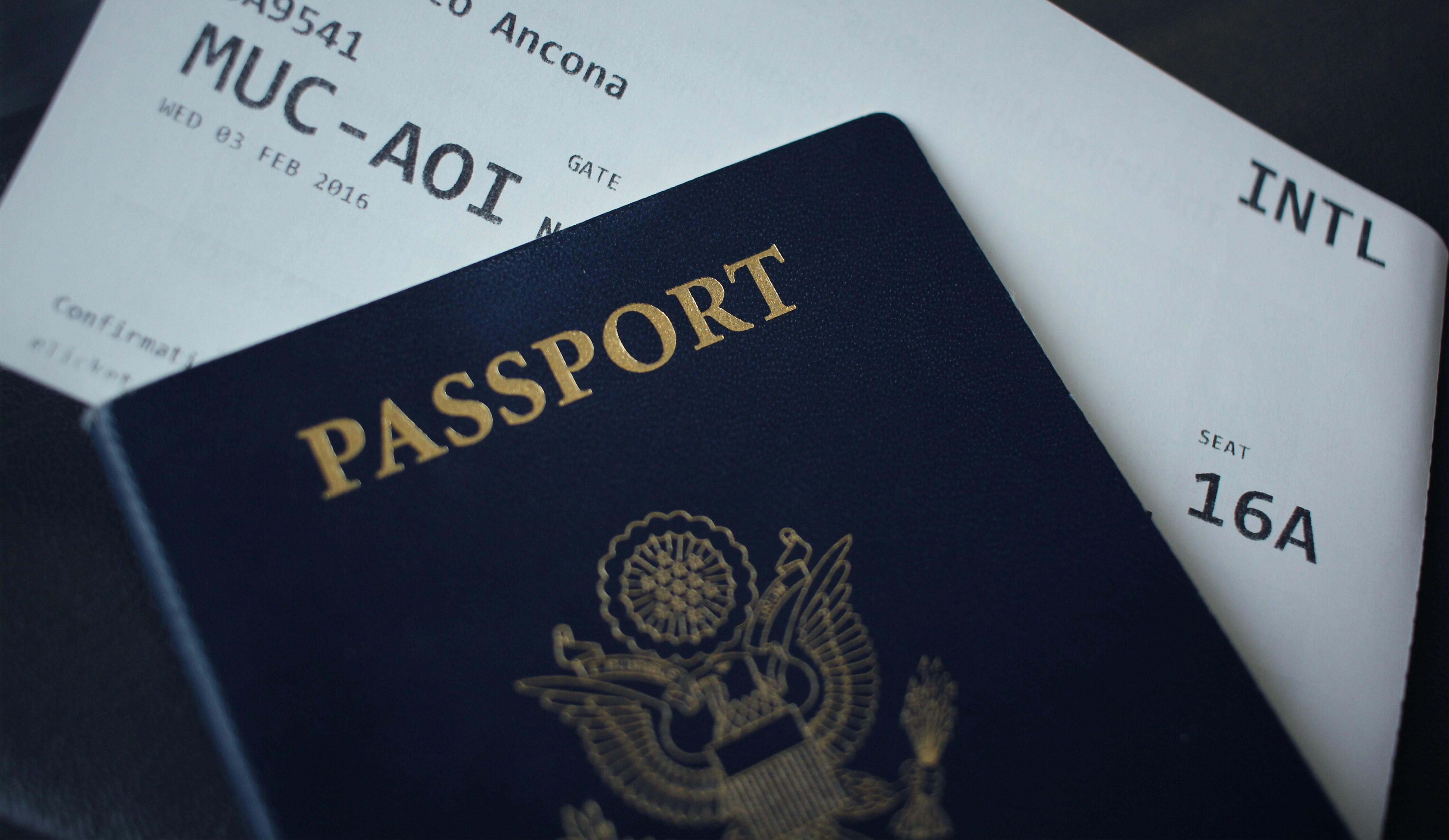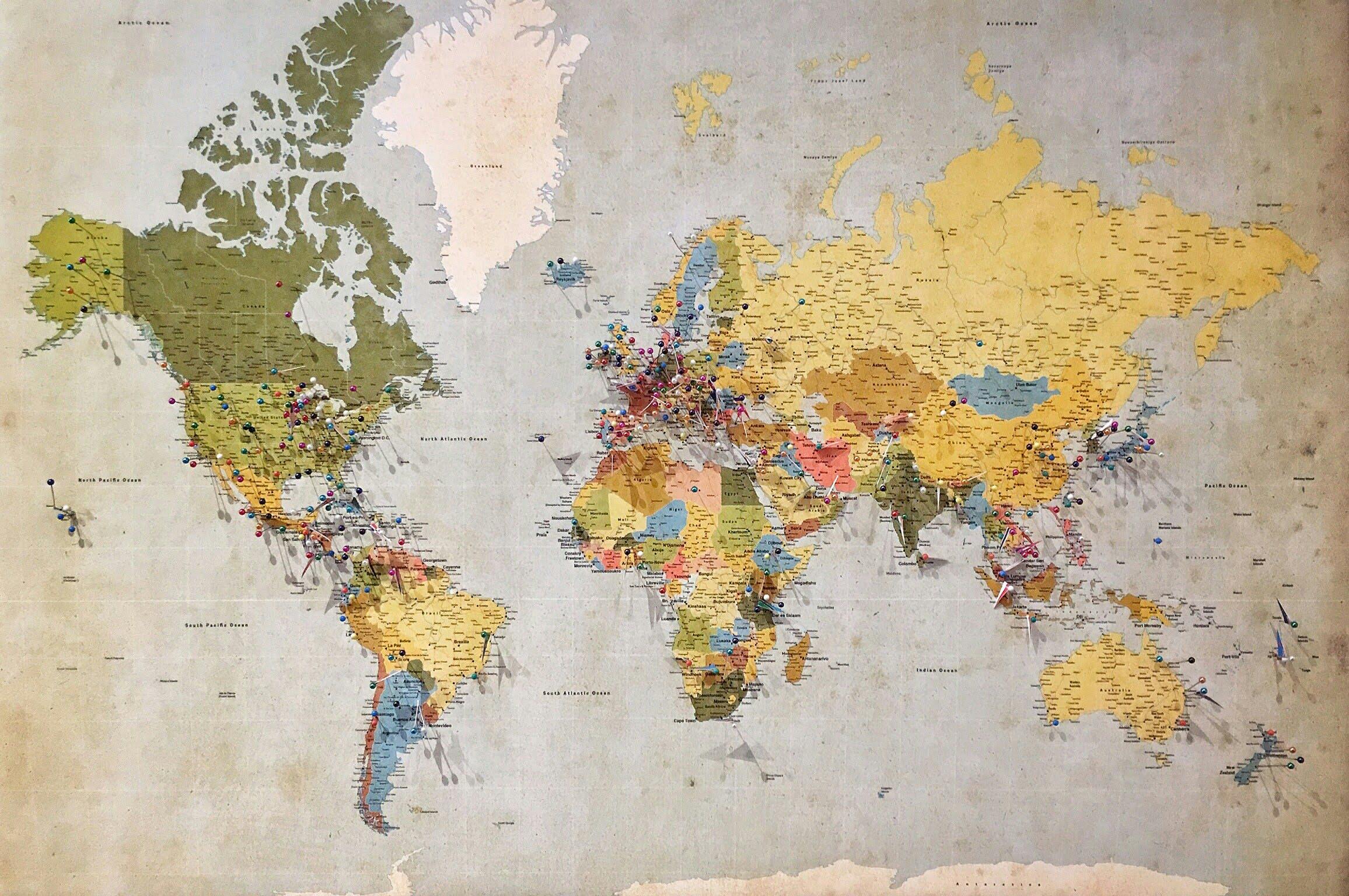Relocating internationally is an exhilarating yet challenging journey. This guide will cover aspects of international corporate relocation, ensuring a smooth transition for employees and their families. Whether you’re an expatriate, international student, global nomad, a family relocating, or a retiree moving overseas, this comprehensive guide will help you navigate the complexities of international relocation with ease. Relocately supports over 175.000 people a year with relocating to over 140 countries.
You’ll find practical advice on choosing the right moving company, estimating moving costs, understanding customs requirements, packing your belongings, and settling into your new home abroad.
Planning Your International Move
Planning an international move can be a daunting task, but with the right guidance, you can ensure a smooth and successful relocation. In this section, we will provide you with valuable information to help you plan your international move.
How Early Should I Start Planning My International Move?
It’s essential to start planning your international move as early as possible. Ideally, you should begin the process 6-12 months before your desired moving date. This time frame allows you to thoroughly research and compare international moving companies, obtain accurate quotes, and make all necessary arrangements for your move. Early planning also gives you ample time to handle any unexpected challenges that may arise, ensuring a stress-free transition.
Navigating the World of International Movers
How to Choose the Right International Moving Company
Finding the right international mover is crucial for a smooth transition. Start by researching companies that specialize in international relocation. Look for reviews and testimonials from previous customers to gauge their reliability. Verify their credentials and ensure they are affiliated with reputable organizations like the International Association of Movers (IAM).
Next, request quotes from at least three different movers to compare prices and services. Pay attention to what’s included in the quote, such as packing services, insurance, and storage options. Finally, ask for a detailed breakdown of their moving process to understand how they handle your belongings.
Understanding International Moving Services
International moving services can be complex and overwhelming, but understanding the different types of services available can help you make informed decisions. In this section, we will break down the various types of international moving services to help you navigate the process.
Types of International Moving Services
There are several types of international moving services available, each catering to different needs and preferences:
Door-to-Door Moving Services: This comprehensive service involves the moving company handling every aspect of your move, from packing your belongings at your current home to delivering them to your new residence abroad. This option is ideal for those seeking a hassle-free experience, as professional international movers take care of all the logistics.
Port-to-Port Moving Services: With this service, the moving company transports your goods from one port to another. However, you are responsible for packing, loading, and unloading your items. This option can be more cost-effective but requires more effort on your part.
International Shipping Services: This service involves the moving company transporting your goods by air or sea. While the company handles the transportation, you are responsible for packing and loading your items. This option offers flexibility in terms of cost and speed, depending on whether you choose air or sea freight.
Understanding these different types of international moving services will help you choose the one that best suits your needs and budget.
What Does an International Move Cost?
Moving abroad can be an exciting adventure, but understanding the costs involved is essential. The cost of relocating internationally varies based on several key factors, including:
Volume of Belongings: The more you own, the more it typically costs to move.
Distance: Moving to a nearby country is generally less expensive than relocating halfway across the globe.
Services Required: Additional services like packing, insurance, and customs handling can significantly affect your total costs.
On average, international relocation costs can range from $2,000 to $10,000 or more.
Understanding the Breakdown of International Moving Costs
While the estimated range provides a general idea, let’s dive deeper into the specifics:
Distance Matters: The farther you move, the higher the cost. Consider the price differences between moving to Canada versus Australia.
Volume and Weight: More belongings require larger shipping containers, directly impacting your expenses.
Packing Services: Many international movers offer professional packing. While this adds to the overall cost, it ensures your belongings are well-protected during transit.
Customs and Import Duties: Be prepared for potential extra charges based on your destination country.
Insurance Coverage: Protecting your possessions against damage or loss during transit is crucial and can add to your costs.
Consolidation Options: Some moving companies allow your shipment to share space with others, which can reduce costs.
Understanding these elements can help you plan effectively for your international move.
Ready to Plan Your Move?
To get started on your journey, consider contacting a moving company for a detailed quote tailored to your specific needs. Additionally, downloading a moving checklist can help ensure you don’t overlook any essential steps. To get an accurate estimate, use Relocately's moving abroad cost calculator.
Comparing Quotes and Services
When comparing quotes, don't just focus on the price. Evaluate the services each company offers. Some movers provide full-service packages that include packing, loading, transportation, and unpacking. Others may offer a more basic service where you handle the packing yourself.
Consider the level of insurance coverage provided. Basic coverage might be included in the quote, but you may want to purchase additional insurance for valuable items. Lastly, check if the company offers any added benefits like temporary storage or assistance with customs paperwork.
Understanding Customs Requirements

Researching Country-Specific Regulations
Each country has its own customs regulations. It's essential to research these requirements well in advance to avoid any surprises. Visit the official customs website of your destination country for detailed information on prohibited items, import duties, and necessary documentation.
Some countries have strict regulations on items like alcohol, firearms, and plants. Familiarize yourself with these rules to ensure you don't accidentally violate any laws. Additionally, check if your destination country requires specific permits for certain items.
Preparing Necessary Documentation
Customs paperwork can be complex, but thorough preparation will streamline the process. Commonly required documents include a detailed inventory of your belongings, a copy of your passport, and a visa or residency permit. Your moving company may also provide specific forms that need to be completed.
Ensure all documents are accurately filled out, and keep copies for your records. Having a clear and organized set of documents will expedite the customs clearance process and minimize the risk of delays.
Navigating Customs Inspections
Customs inspections are a standard part of international relocation. Your belongings may be subject to inspection upon arrival in the destination country. To facilitate a smooth inspection, ensure your items are packed securely and clearly labeled.
Be honest and transparent about the contents of your shipment. If you have any items that require special attention, such as antiques or valuable electronics, inform the customs authorities in advance. Cooperating with customs officials and providing all necessary documentation will help expedite the inspection process.
Packing and Protecting Your Belongings

Tips for Efficient Packing
Packing for an international move requires careful planning. Start by decluttering and getting rid of items you no longer need. This will reduce the volume of your shipment and potentially lower your moving costs.
Use high-quality packing materials to protect your belongings during transit. Sturdy boxes, bubble wrap, and packing tape are essential. Consider using color-coded labels to organize your boxes by room, making unpacking easier.
Protecting Fragile Items
Fragile items require extra care. Wrap delicate items in multiple layers of bubble wrap and place them in sturdy boxes. Use packing peanuts or foam inserts to fill any gaps and prevent movement during transit.
Label boxes containing fragile items with "Fragile" stickers to alert movers to handle them with care. If possible, transport valuable and sentimental items like jewelry and important documents with you rather than shipping them.
Creating an Inventory List
An inventory list is a valuable tool for keeping track of your belongings. Create a detailed list of all items being shipped, including descriptions and estimated values. This will help you stay organized and assist with customs clearance and insurance claims if needed.
Take photographs of valuable items and note any existing damage before packing. This documentation will serve as evidence in case any items are damaged during the move.
Insurance and Valuation Coverage
Insurance and valuation coverage are essential components of an international move. In this section, we will explain the different types of insurance and valuation coverage available to help you protect your goods during transit.
What Types of Insurance Are Available for My International Move?
There are several types of insurance available for international moves, each offering different levels of protection for your belongings:
Full Value Protection (FVP): This comprehensive insurance option provides full coverage for your goods in the event of loss or damage. If any of your items are lost, damaged, or destroyed during the move, the moving company is responsible for repairing or replacing them at their full value. This option offers the highest level of protection and peace of mind.
Released Value Protection (RVP): This basic insurance option provides limited coverage for your goods. Under RVP, the moving company’s liability is minimal, typically covering only a small amount per pound of the item’s weight. While this option is often included at no additional cost, it may not provide adequate coverage for valuable or sentimental items.
Supplemental Insurance: This additional coverage can be purchased to provide extra protection for your goods. Supplemental insurance can be tailored to cover specific high-value items or to increase the overall coverage amount. It’s a good idea to consider this option if you have valuable belongings that require extra protection.
It’s essential to understand the different types of insurance and valuation coverage available to ensure that your goods are adequately protected during transit. Be sure to ask your moving company about their insurance options and what is included in their coverage. By choosing the right insurance, you can safeguard your belongings and enjoy peace of mind throughout your international move.
The Timeline of an International Move

How Long Does an International Move Usually Take?
The duration of an international move depends on various factors, including the distance, mode of transportation, and customs clearance. On average, it can take anywhere from two to twelve weeks for your belongings to arrive at your new home.
Sea freight is a common method for international moves and can take several weeks. Air freight is faster but more expensive. Keep this timeline in mind when planning your move, and ensure you have essential items with you during the transition period.
Preparing for Delays
While moving companies strive to meet delivery timelines, delays can occur due to unforeseen circumstances such as weather conditions or customs inspections. It's essential to prepare for potential delays by having a contingency plan.
Pack a separate bag with essentials like clothing, toiletries, and important documents to tide you over in case your shipment is delayed. Stay in regular communication with your moving company for updates on the status of your shipment.
Staying Organized During the Move
Staying organized is key to a successful international move. Keep a moving checklist to track tasks and deadlines. This checklist should include everything from researching moving companies to confirming delivery dates.
Create a folder to store all important documents, receipts, and contracts related to the move. Having everything in one place will make it easier to access information when needed and reduce stress during the relocation process.
Setting Up Your New Home Abroad

Finding a New Home
Securing a new home in a foreign country can be challenging. Start your search well in advance and consider working with a local real estate agent who understands the market. They can help you find suitable properties within your budget and provide valuable insights into the neighborhood.
Consider factors such as proximity to schools, healthcare facilities, and public transportation when choosing your new home. If possible, visit the area in person before making a final decision.
Setting Up Utilities and Services
Once you've found your new home, you'll need to set up utilities and services. This includes electricity, water, internet, and phone services. Research local providers and arrange for the installation of these services before your arrival.
Some countries may require specific documentation or deposits to set up utilities. Be prepared to provide proof of residency and identification. Having these services in place will make your transition to your new home smoother.
Adjusting to a New Culture
Moving to a new country involves adapting to a different culture and way of life. Take the time to learn about the local customs, traditions, and etiquette. This will help you integrate into the community and build positive relationships with your new neighbors.
Consider taking language classes if you're moving to a country where the primary language is different from your own. Being able to communicate effectively will enhance your experience and make daily life easier.
Conclusion
Moving internationally is a significant life event, but with careful planning and the right resources, it can be a smooth and rewarding experience. From choosing the right moving company to understanding customs requirements and setting up your new home, this guide provides everything you need to know for a successful international relocation.
Remember, preparation is key. Start early, stay organized, and seek professional advice when needed. By following these steps, you'll be well on your way to embarking on your global adventure with confidence.
Additional Tips for Settling In
Now that you've successfully relocated to your new home abroad, here are some additional tips to help you settle in:
Find a Local Mentor: Having someone who is familiar with the culture and customs of your new country can be incredibly helpful in navigating day-to-day life. Look for local mentorship programs or reach out to acquaintances for guidance.
Join Expat Groups: Connecting with other expats in your area can provide a sense of community and support. Look for local Facebook groups or join expat organizations to meet new people and share experiences.
Stay Open-Minded: Living in a new country may bring about unexpected challenges or cultural differences. Stay open-minded and patient as you adjust to your new surroundings.
Be Kind to Yourself: Moving abroad is a significant change, so be sure to take care of yourself during this time. Give yourself time to adjust, practice self-care, and seek support when needed.
Ready to start your international move? Contact our team of experts today for personalized assistance and make your transition to a new country as seamless as possible. Best of luck on your exciting international journey!
Start now
More like this











